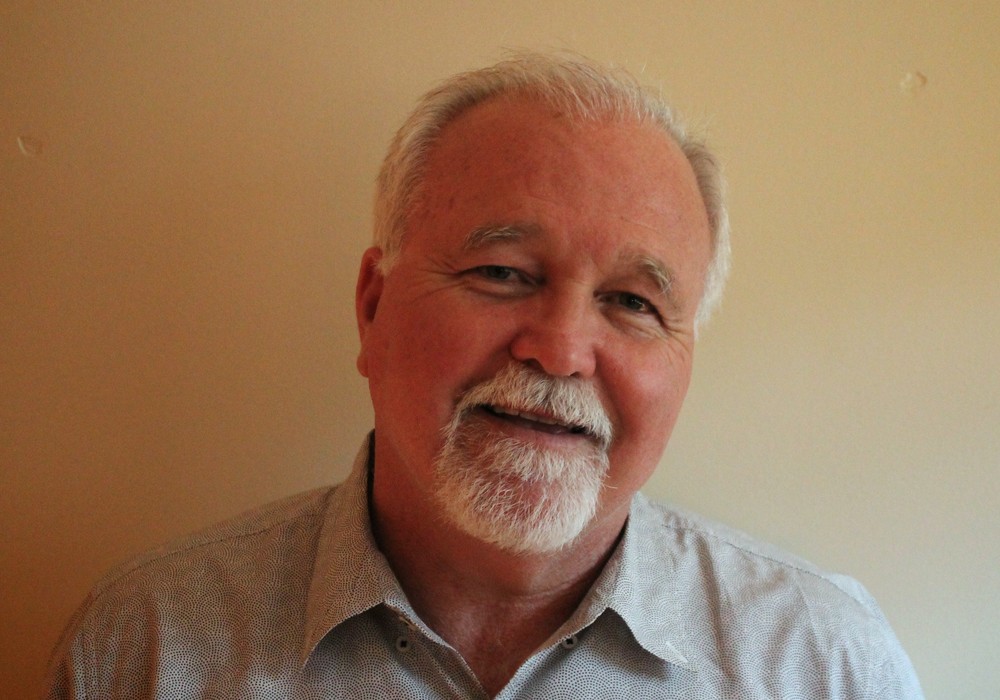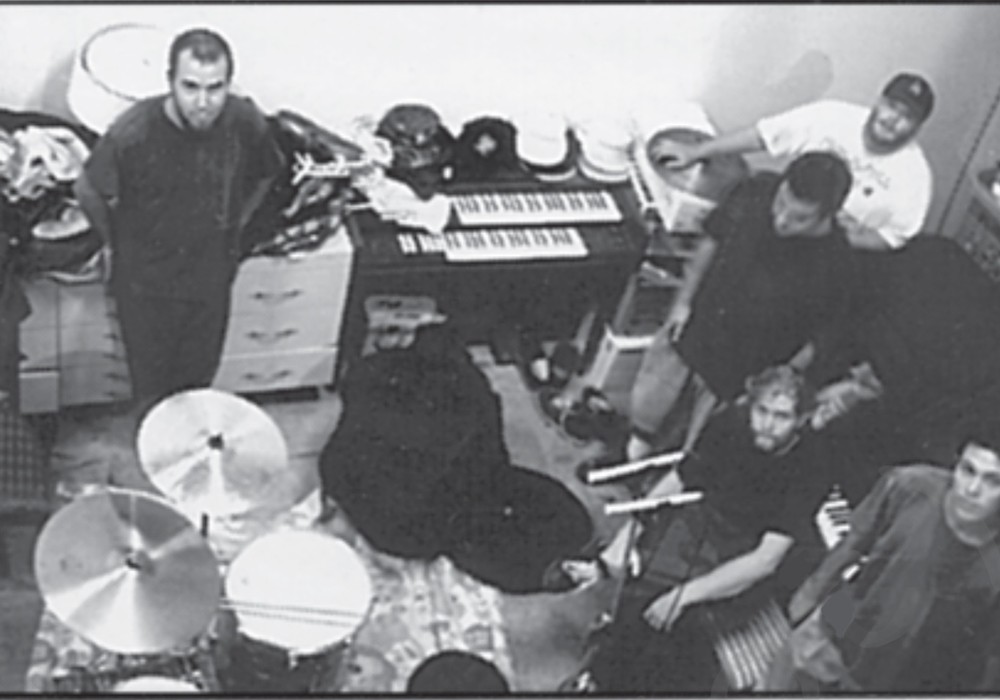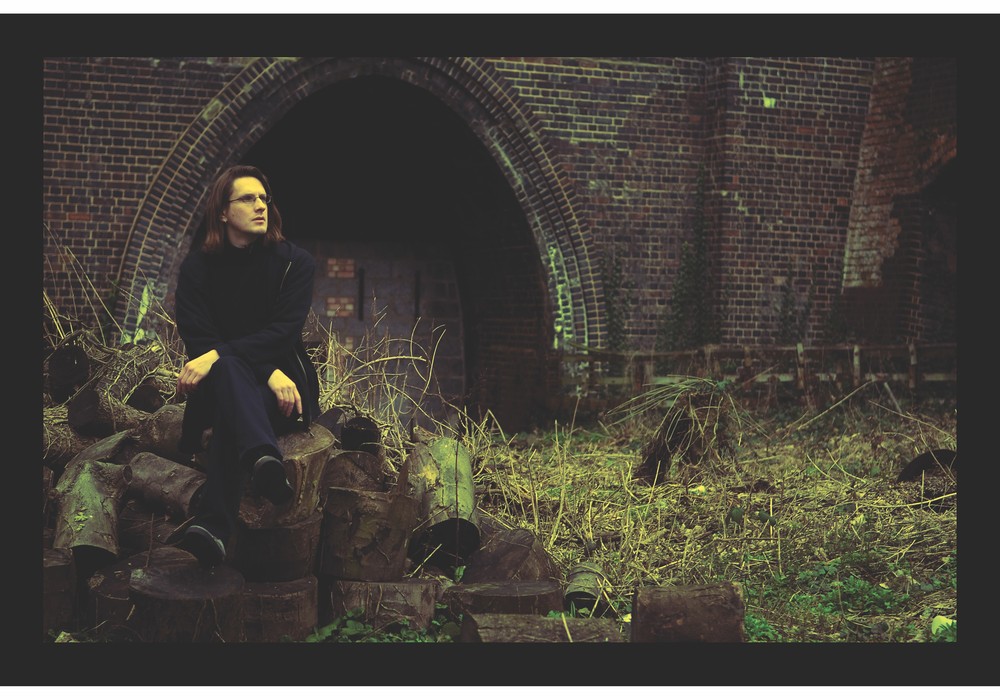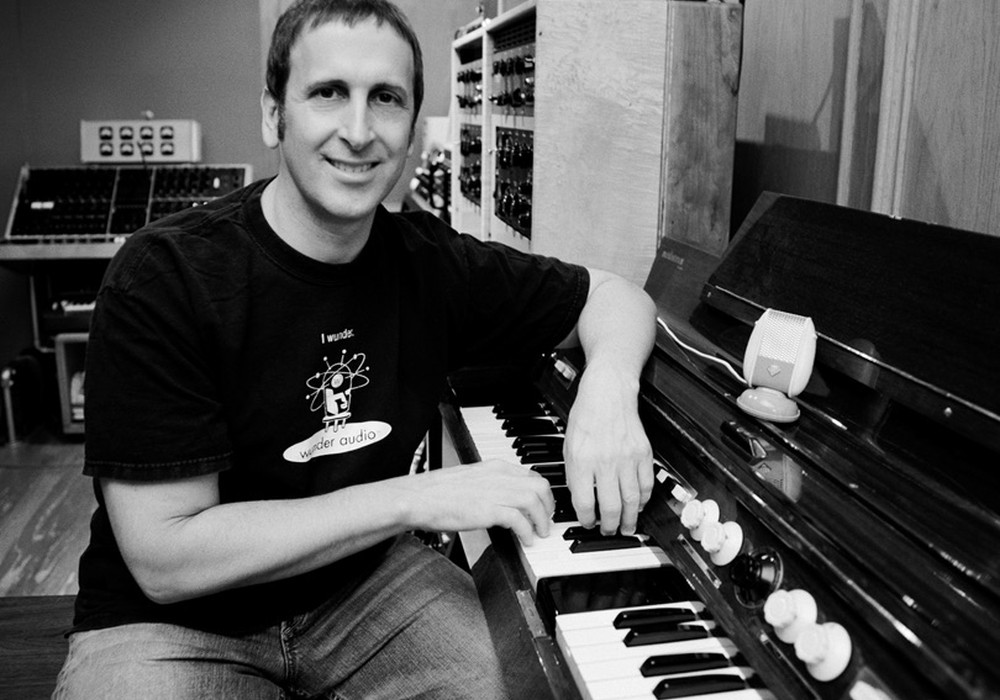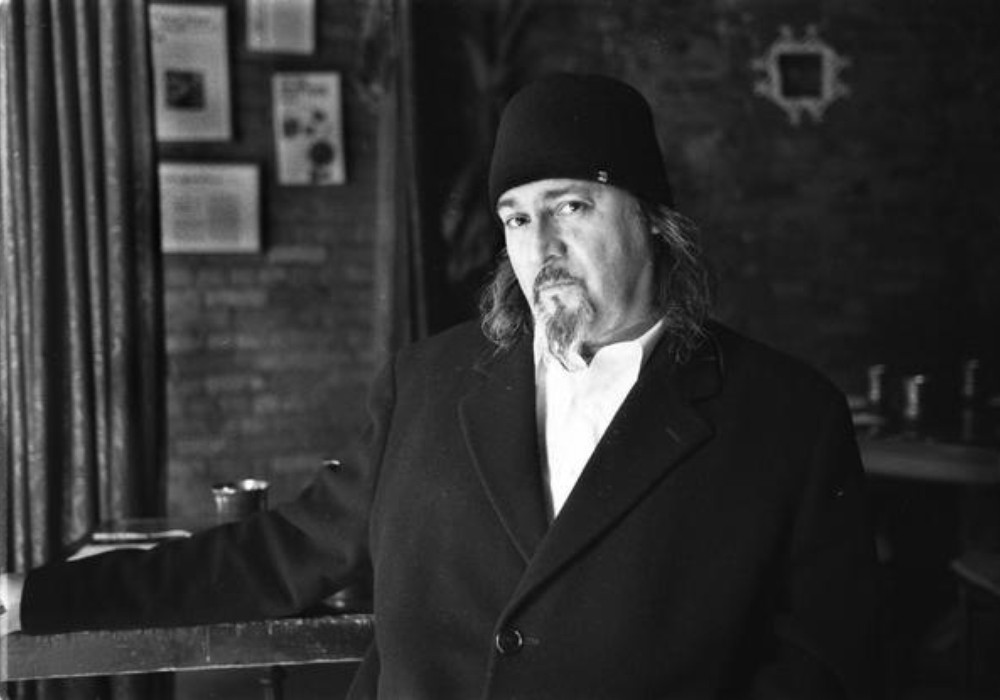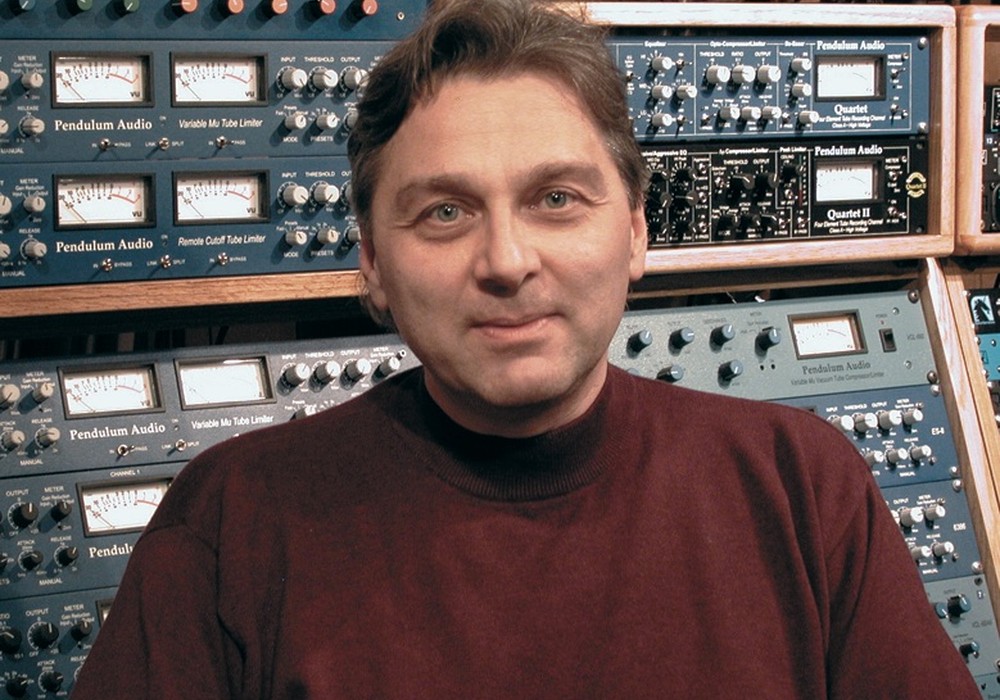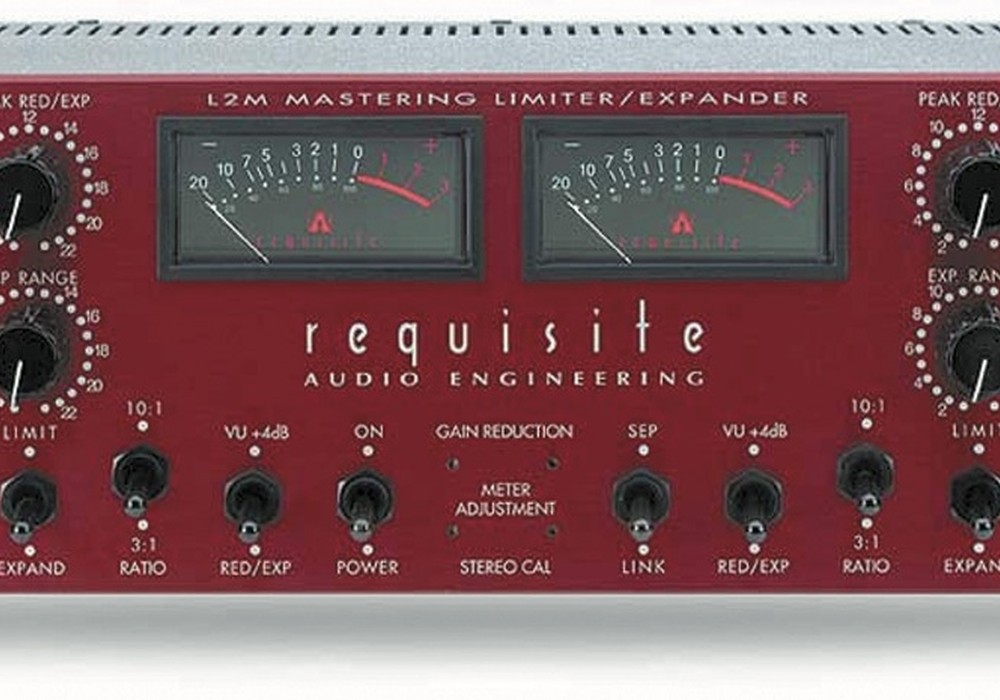Years ago I ran into a guy showing his tube mic preamp at a booth in the basement of the 2005 NAMM show. He'd built the unit with metal brackets from Home Depot — I kid you not. Since then he's kept at it, and his one-man company, Electronaut, has released the M63 preamp to rave reviews.
What's your background?
I'm a musician and band guy. I grew up in a musical family. My dad's band rehearsed in our living room, and my little sister Caroline is an opera singer and songwriter. My first introduction to audio was in the early '80s. A 4-track cassette recorder, a Peavey PA and some Shure microphones.
Was it your dad's recorder?
Yeah. He was in a skiffle band in Montreal in the '60s; he started writing and recording music again in the '80s. I started messing around with his 4-track from about age nine on. I was fascinated by the ability to do overdubs. That blew my mind! Then I discovered skateboarding and punk rock, played drums in a band and did a bunch of touring. By the mid '90s I was really interested in the recording process. I just couldn't figure out why I couldn't get my recordings to sound as good as my favorite records.
We all keep working on that one!
Sometime around 1997 I stumbled into Specimen Products in Chicago and met Ian Schneller. He's a luthier and amp maker. He had this beautiful wooden guitar amp sitting there. I said, "Where did you get this thing?" And he said, "I made it!" I couldn't believe it. I had imagined that guys in white lab coats from big corporations were the only ones who made electronics. He was really generous. He showed me the circuits and how he came up with all the values and it just sort of clicked. "Oh, so there are formulas and you use them to come up with values." I became obsessed with the idea of making my own electronics. A few days later I went back in and asked him for recommendations on books and that sort of thing. I thought it might take me a year or two to get my bearings... That was in '97! [laughter]
Were you just building and experimenting?
Yeah. I didn't have any singular focus at the time, and I had no intention of making a business out of it. I was just interested in trying to make something cool to augment the recording process. Eventually I learned enough to make a guitar amp from scratch, as well as makeup gain amps for a spring reverb unit, etc. I also made some sculptural/art objects, like a round plate reverb and a resonant, steel, garbage can reverb. As I got better at making things, I decided to try and hone in on microphone preamps. Eventually I got a taste of the audio quality I was looking for and realized, "There's a reason great gear is so expensive!"
Quality components and the R&D behind it?
Mostly just parts quality and assembly time. I mean certainly the R&D [research & development], but to me that's free because that's my time and education — maybe that's not the most savvy business model! But certainly with parts quality, when you start to compromise, you really hear it. When you reach a certain level, it's really hard to go back for the sake of economics. Where is the best place to compromise? I don't want to have to make that choice.
Did you examine how people were building equipment, as well as the parts they were using?
I took everything apart! I learned a lot by studying classic pieces of gear, as well as some modern interpretations of the classics. From what I can tell, nearly everything in the history of recording-related designs is based on some sort of prior art and is an attempt to improve upon it, or to creatively apply one idea to another purpose. I mean, even classics like Fairchild compressors or Pultec EQs are just highly refined and beautifully executed optimizations of some prior proven concept. That's one of the best things about working with tubes — there're over one-hundred years worth of incredible works done by brilliant engineers from all over the world to learn and draw inspiration from.
You've mostly done tube designs. Have you designed solid-state circuits?
I'm pretty much only interested in tube designs. I've worked with solid-state designs, specifically on Flickinger consoles and derivatives from those designs, but my primary...
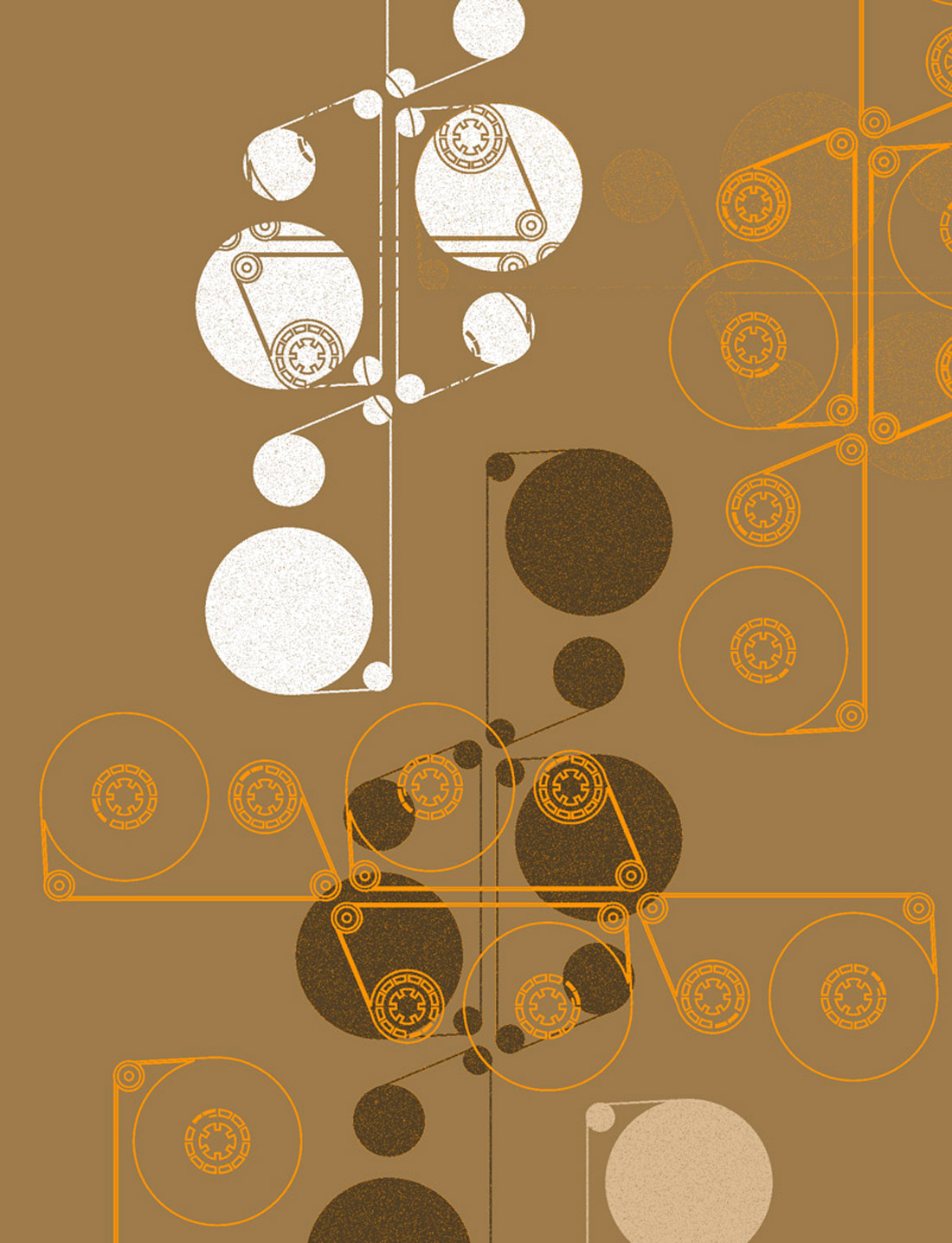



_disp_horizontal_bw.jpg)

